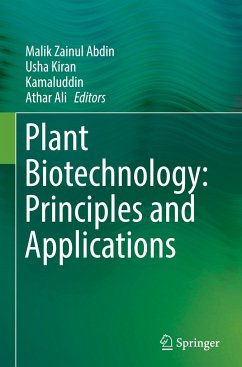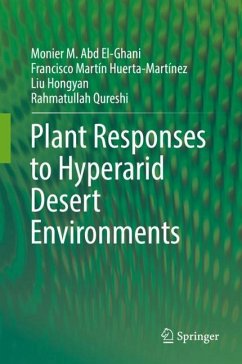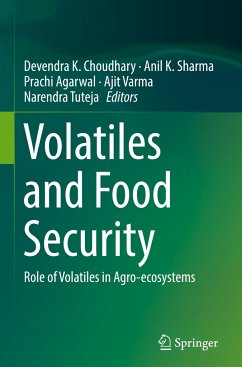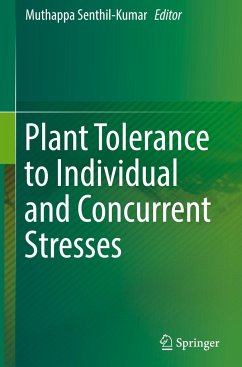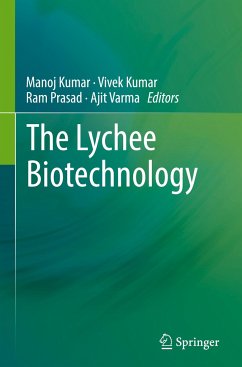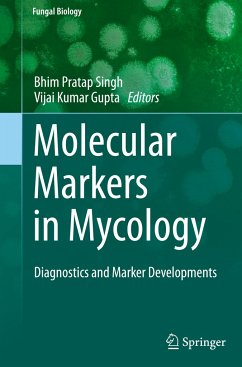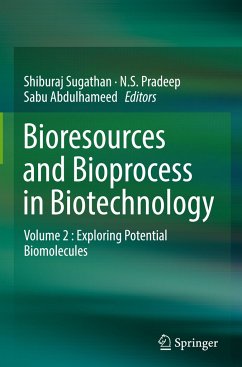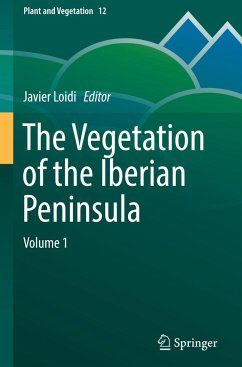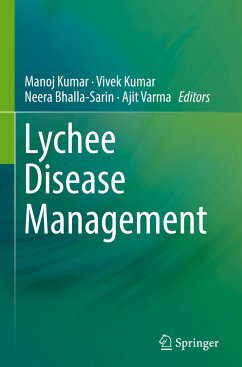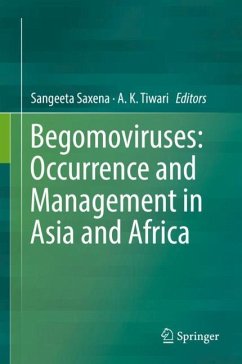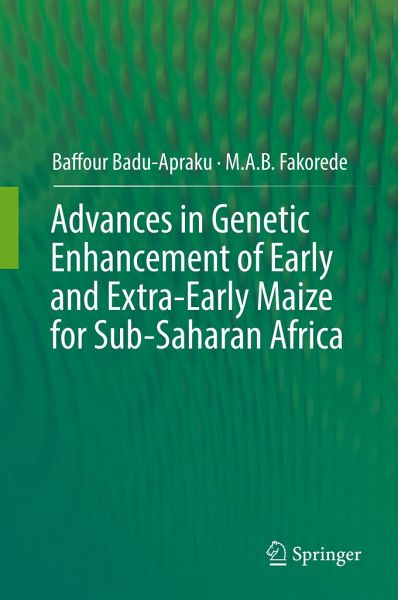
Advances in Genetic Enhancement of Early and Extra-Early Maize for Sub-Saharan Africa
Versandkostenfrei!
Versandfertig in 6-10 Tagen
152,99 €
inkl. MwSt.
Weitere Ausgaben:

PAYBACK Punkte
76 °P sammeln!
The book focuses on the principles and practices of tropical maize improvement with special emphasis on early and extra-early maize to feed the increasing population in Sub-Saharan Africa. It highlights the similarities and differences between results obtained in temperate regions of the world and WCA in terms of corroboration or refutation of genetic principles and theory of maize breeding. The book is expected to be of great interest to maize breeders, advanced undergraduates, graduate students, professors and research scientists in the national and international research institutes all over...
The book focuses on the principles and practices of tropical maize improvement with special emphasis on early and extra-early maize to feed the increasing population in Sub-Saharan Africa. It highlights the similarities and differences between results obtained in temperate regions of the world and WCA in terms of corroboration or refutation of genetic principles and theory of maize breeding. The book is expected to be of great interest to maize breeders, advanced undergraduates, graduate students, professors and research scientists in the national and international research institutes all over the world, particularly Sub-Saharan Africa. It will also serve as a useful reference for agricultural extension and technology transfer systems, Non-governmental Organizations (NGOs) and Community-Based Organizations (CBOs), seed companies and community-based seed enterprises, policy makers, and all those who are interested in generating wealth from agriculture and alleviating hunger andpoverty in Sub-Saharan Africa.





